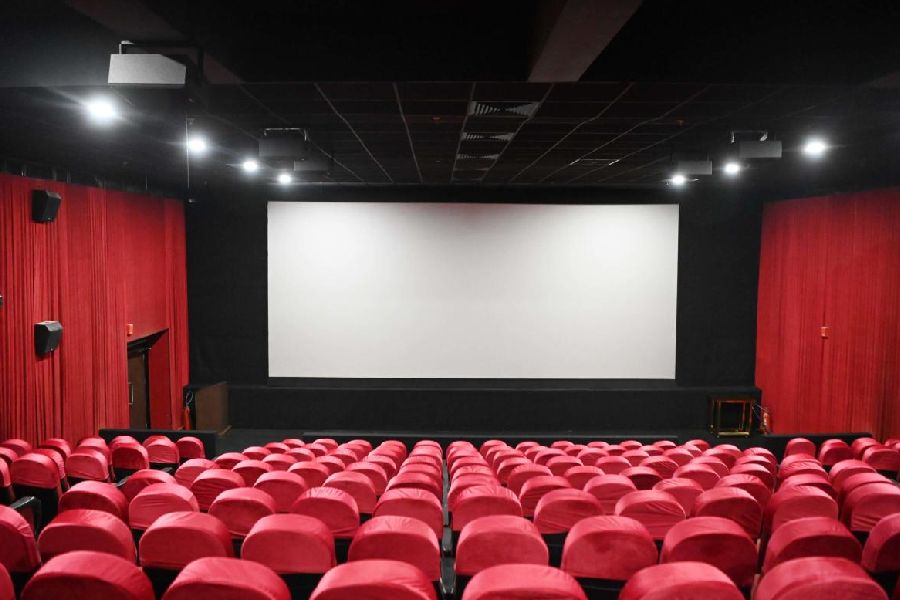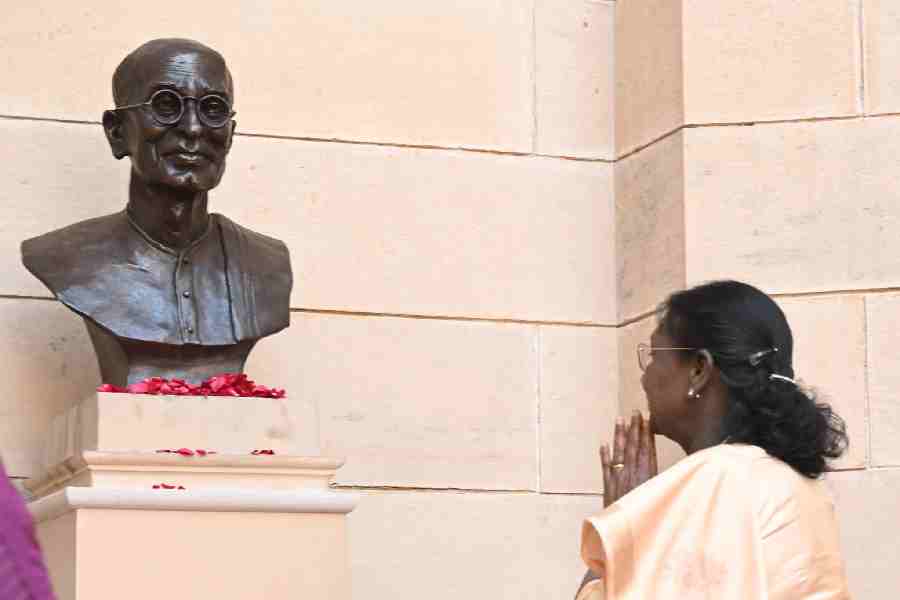The West Bengal government on Wednesday made it mandatory for every theatre, including multiplexes, in the state to screen at least one Bengali film in a prime-time slot between 3pm and 9pm every day.
“In every cinema hall, and in all screens (each screen) of every multiplex situated in this state, 365 prime time shows/screenings of Bengali films shall mandatorily be held throughout the year with at least one Bengali show per day for all 365 days during the year. Prime time shows shall mean shows held between 3.00pm and 9.00pm,” a notification from the information & cultural affairs department said.
“In order to encourage the Bengali film industry, the issue of mandatory screening of Bengali films by cinema halls/multiplexes of this State was under the active consideration of the state government,” it further said.
Necessary amendment to the West Bengal Cinemas (Regulation of Public Exhibitions) Rules, 1956 will be made in due course, as per the notification.
This order, which will come into immediate effect, will remain in force until further orders.
The notification comes days after some of the biggest names in Tollywood wrote to chief minister Mamata Banerjee alleging “discriminatory treatment” towards Bengali films.
On August 6, actors Prosenjit Chatterjee and Dev, filmmakers Kaushik Ganguly and Srijit Mukherji, and producers Shrikant Mohta and Nispal Singh Rane, among others, had urged Mamata to intervene after Kaushik Ganguly’s Dhumketu faced a release clash with a Bollywood big-budget title on August 14.
In response, minister Aroop Biswas called a meeting last Thursday with around 40 stakeholders — exhibitors, distributors, technicians, producers, directors and actors — at Nandan. Industry representatives sought better show timings, extended runs for Bengali films and a mechanism to avoid multiple releases crowding the same weekend.
"We are in favour of more Bengali films being made and more people watching the films. Along with Hindi and English films, Bengali movies must get due pride of place in our cinema halls," he told reporters after the meeting.
How strictly the new order will be enforced, especially in multiplex chains with tight programming schedules, remains to be seen.










